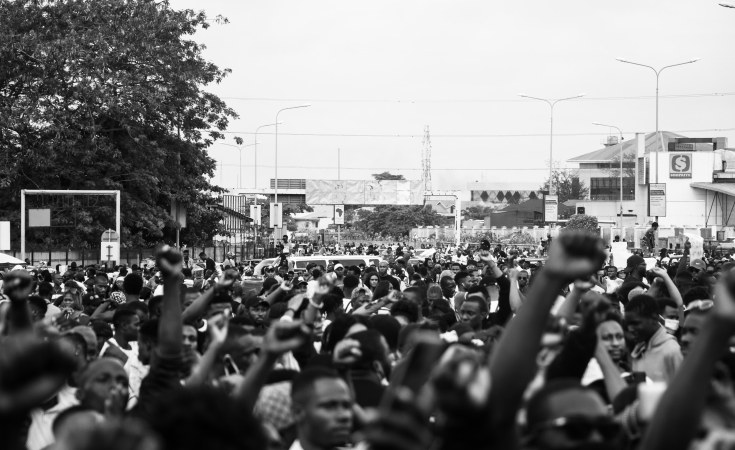Nigeria's leadership has failed at every level and the country faces grave risks in the run-up to landmark elections next year, a non-government conflict prevention group said in a report released yesterday.
The International Crisis Group (ICG), based in Brussels, recommended the government of Africa's most populous nation engage in democratic reform of its constitution.
"Poor governance, lack of leadership and pervasive corruption - these are the root causes of the failing system today and these are the issues the government must ta-ckle to avoid destabilisation," said Nnamdi Obasi, its Nigeria analyst.
Nigeria is the world's eighth largest exporter of oil but also one of the poorest countries in the world. One in five Nigerian children die before their fifth birthday.
President Olusegun Obasanjo whose election in 1999 ended three decades of almost continuous military dictatorship, must step down after elections in April, 2007.
The transition should be the first from one elected leader to another since independence from Britain in 1960, but critics fear mounting chaos could stop it happening.
The Crisis Group said Nigerian leaders had failed to encourage power sharing in the multi-ethnic giant of about 140 million people. The report accused leaders of sp-arking regional rivalries, helping to create ethnic militias and separatist movements and stoking communal strife to hide their corruption.
Violence in the oil-producing Niger Delta has risen sharply over the past five years with militants making demands for more political and economic autonomy.
"The government has been too quick to brand many of the symptoms, especially the rise of militancy, as simple criminality to be dealt with by more police and more troops," the report said.
"It needs to engage with the underlying issues of resource control, equal rights, power sharing and accountability."
Obasanjo has won international support for a high profile war on corruption which has seen some ministers, governors and high-ranking officials charged for embezzlement.
But his reputation has been tainted by accusations of bribery during an attempt to extend his rule by rewriting the constitution which was defeated by the Senate in May.
A public power struggle with Vice President Atiku Abubakar for control of the ruling party has also hurt Obasanjo's legacy. Each has accused the other of corruption and published scanned cheques from slush funds purporting to prove it.
Obasanjo convened a national political reform conf-erence last year which was meant to lead to constitutional reforms. But the conference was packed with government appointees and fail-ed to agree on the issue of re-source allocation to the Niger Delta.
Its recommendations were then manipulated by allies of Obasanjo to include tenure extension for the president before being defeated by the Senate.


